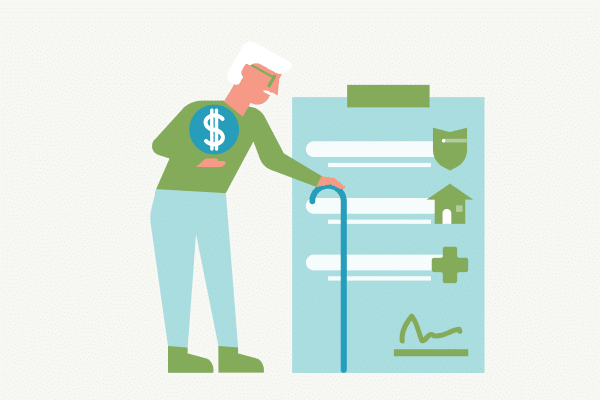
Did you know one of the smartest ways to reduce your taxable income is by investing in your retirement? Retirement savings not only prepare you for the future but can also help you keep more of your hard-earned money today.
For business owners, contributing to your retirement plan is a double win – it helps reduce taxable income and builds personal wealth. However, if your business employs W2 staff, keep in mind that certain IRS/ERISA rules may affect your ability to contribute.
Fortunately, if you qualify, there are several retirement plans that can offer significant tax benefits:
📌 SEP IRA
If you’re self-employed, you can contribute up to 25% of your earnings, with a maximum of $66,000 for 2024. SEP IRAs are flexible, and you don’t need to worry about a year-end deadline.
You can set one up just before filing your taxes for the previous year, making it a great last-minute tax-saving move.
📌 Solo 401(k)
If you’re the only employee in your business, the Solo 401(k) is a perfect choice. Contributions can be made until December 31, and if you’ve elected S-Corp status, be sure to run the contributions through payroll.
The beauty of a Solo 401(k) is that it allows you to contribute up to \$23,000 (for 2024) into a Roth 401(k) as an employee deferral – perfect for those wanting to maximize Roth contributions. Plus, your business can match up to 100% of the employee deferral amount and contribute profit-sharing, totaling up to 25% of your salary. If your spouse is involved in the business, you can double the household contributions, creating additional tax savings while padding your retirement.
📌 Defined-Benefit Pension Plan
For those needing huge tax savings, the defined-benefit pension plan, also known as a cash-balance plan, is king. Combine it with a 401(k) profit-sharing plan, and your business could sock away a few hundred thousand dollars per year. However, defined benefit pension plans are the most complicated of the business retirement plans to set up because the plan design is complex, time-consuming, has costs involved, and generally requires a five-year contribution commitment. A defined benefit plan is worth setting up for higher-income business owners willing and able to max out contributions to both their 401(k) and defined benefit plans, as contribution limits can be in the six figures annually depending on the business owner’s age and W2 income.
Ready to supercharge your retirement savings?
Whether you’re self-employed or running a business, choosing the right retirement accounts is essential. Don’t let tax-saving opportunities slip away – talk to us today and see how we can help you save more for retirement while lowering your tax bill this year.
You deserve to retire with peace of mind, and we’re here to guide you every step of the way.
